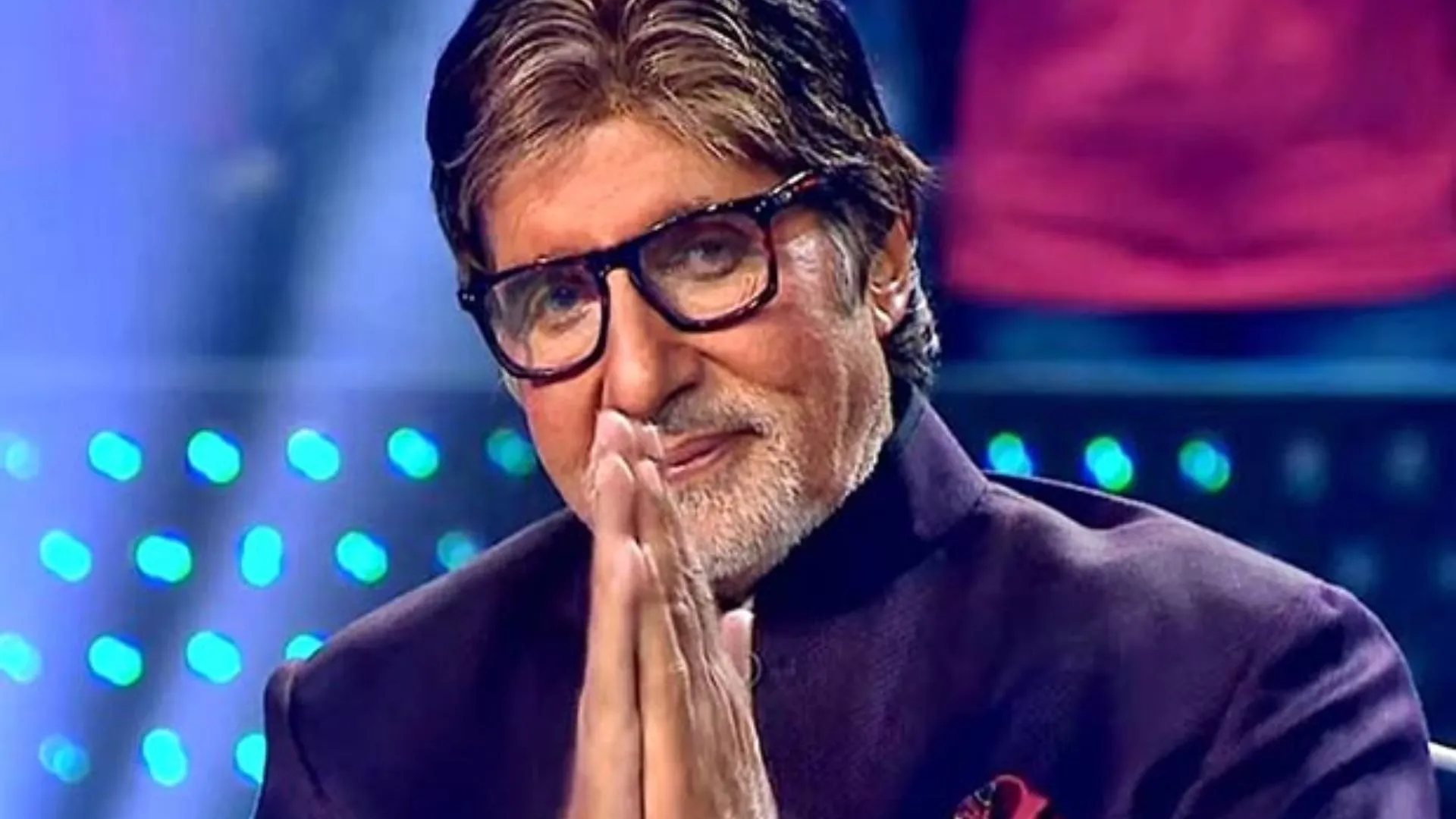In a significant political development, former Delhi Minister Kailash Gahlot has joined the Bharatiya Janata Party (BJP), ending his association with the Aam Aadmi Party (AAP). Gahlot, an influential MLA from Najafgarh and a former close aide to AAP National Convenor Arvind Kejriwal, resigned from the Delhi Cabinet on Sunday, citing a series of unfulfilled promises and recent controversies surrounding the party. His decision to join the BJP has sparked a response from Kejriwal, who, in a press interaction, stated that Gahlot is “free” to make his own decisions, emphasizing that he can “go wherever he wants.”
In his resignation letter, Kailash Gahlot expressed deep frustration with the AAP leadership and its failure to deliver on key promises made to the people of Delhi. One of the main issues Gahlot raised was the unfulfilled pledge to clean the Yamuna River. The AAP had made this promise during its election campaigns, but Gahlot argued that the lack of progress on this front was a major letdown for Delhiites who had been expecting cleaner water bodies. Gahlot’s frustration was evident as he criticized the party’s inability to meet this crucial commitment.
Moreover, Gahlot’s resignation letter also mentioned the controversy surrounding Arvind Kejriwal’s new official residence, which he referred to as “Sheeshmahal.” The issue of the new residence, often seen as a symbol of extravagant living, was seen as contradictory to the party’s image as a champion of the common man. This controversy, combined with other internal issues, led Gahlot to question the party’s commitment to its core principles and values.
Reacting to Gahlot’s resignation and subsequent move to the BJP, Arvind Kejriwal stated that the former minister was free to make his own choices. “He is free; he can go wherever he wants,” Kejriwal said, maintaining a neutral stance and offering little to no further commentary on the situation. While Kejriwal did not elaborate on his thoughts about Gahlot’s departure, his statement underscored the growing divisions within the party. Gahlot’s decision to join the BJP marks a significant shift in the Delhi political landscape and could have implications for AAP’s future in the city.
MUST READ: Why Narendra Modi Remains Unscathed Amid Global Governments Face Backlash In 2024
AAP’s senior leader Durgesh Pathak offered a different perspective on Gahlot’s resignation, suggesting that the former minister was under intense pressure due to ongoing investigations by central agencies such as the Enforcement Directorate (ED) and the Income Tax Department. Pathak implied that Gahlot’s decision to leave the party was influenced by the pressure from these agencies, as he was reportedly being questioned for several months. This line of reasoning suggests that Gahlot’s move may have been as much about external pressures as it was about internal party dynamics.
The exit of Kailash Gahlot from the AAP and his decision to join the BJP comes at a time when Delhi’s political climate is already charged with debates over governance and policy issues. As Gahlot transitions into the BJP, his role in the political landscape of Delhi will be closely watched, especially given his background and experience in the AAP.
Kailash Gahlot’s departure from the AAP raises questions about the party’s internal unity and leadership. While Kejriwal’s leadership has largely been seen as a unifying force for AAP, Gahlot’s resignation could point to deeper frustrations within the party regarding its inability to fulfill key promises. Gahlot’s exit also highlights the growing internal challenges for AAP, as it prepares for future electoral battles in Delhi and beyond.
Meanwhile, the BJP’s decision to embrace Gahlot will undoubtedly boost its ranks in Delhi, where it has long struggled to make significant inroads against AAP. Gahlot’s entry into the BJP could provide the party with a boost in terms of local credibility and political experience, making him a key player in shaping the BJP’s strategy for the upcoming elections.
As political dynamics shift in Delhi, both AAP and the BJP will need to navigate the fallout of Gahlot’s resignation and his subsequent alliance with the opposition party. The coming weeks could offer further insights into the impact of this development on Delhi’s political future.
ALSO READ: Delhi Air Emergency: Supreme Court Upholds GRAP-IV MeasuresTiil Further Orders























